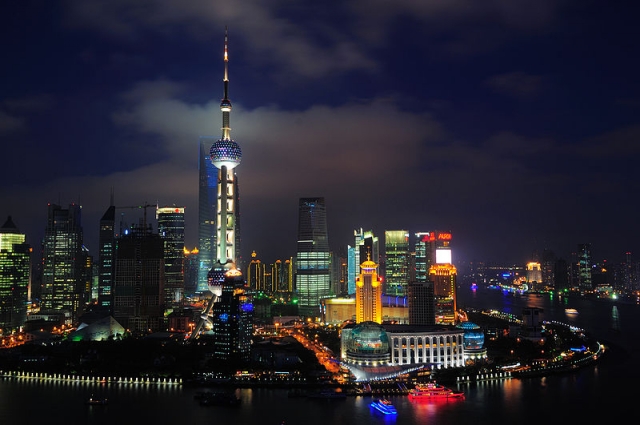Will China Democratise?
Historian article

Michael T. Davis compares the parallels between the democratic expectations, or possibilities, of modern-day China with Britain's democratic evolution from the eighteenth century to the emerging democracy of the nineteenth century.
The future is an unfamiliar place for historians. Yet we stand on the edge of an historic shift away from American domination of global hegemony to the so-called ‘Asian Century' - to a future when China will be the most influential world power. Martin Jacques and many other China-watchers say it is not ‘if ' but ‘when China rules the world'. But the burning question is, how will China rule itself? How will it survive as a stable and centralised state through its economic and global make-over as a superpower? What will the political future of this vast and rapidly evolving nation look like?
The pro-democracy protests that began in Hong Kong in September 2014 seem to provide some of the answers to these questions. Blurred by images of tear gas and riot police, most commentators view the unrest in Hong Kong as a compelling and dark statement about China's political present and its political future. For them, the events in Hong Kong are evidence that the Chinese government will do all it can to resist any moves for political freedom in China.
But there is another way of interpreting the Hong Kong protests. In fact, we can see in Hong Kong's present a prophetic and positive snapshot for China's democratic future. The youth of Hong Kong are ethnically Chinese but they are not politically Chinese. In a process identified by Ronald Inglehart in the west as the ‘silent revolution' of post-materialism,2 young Hong Kongers have achieved a level of economic freedom that basically allows them the time to attain political awareness as well as political expectations. The same ‘silent revolution' is under way on mainland China, as the once peasant-dominated society transforms into a more affluent and, in turn, a more politically-conscious citizenry...
This resource is FREE for Historian HA Members.
Non HA Members can get instant access for £2.49

